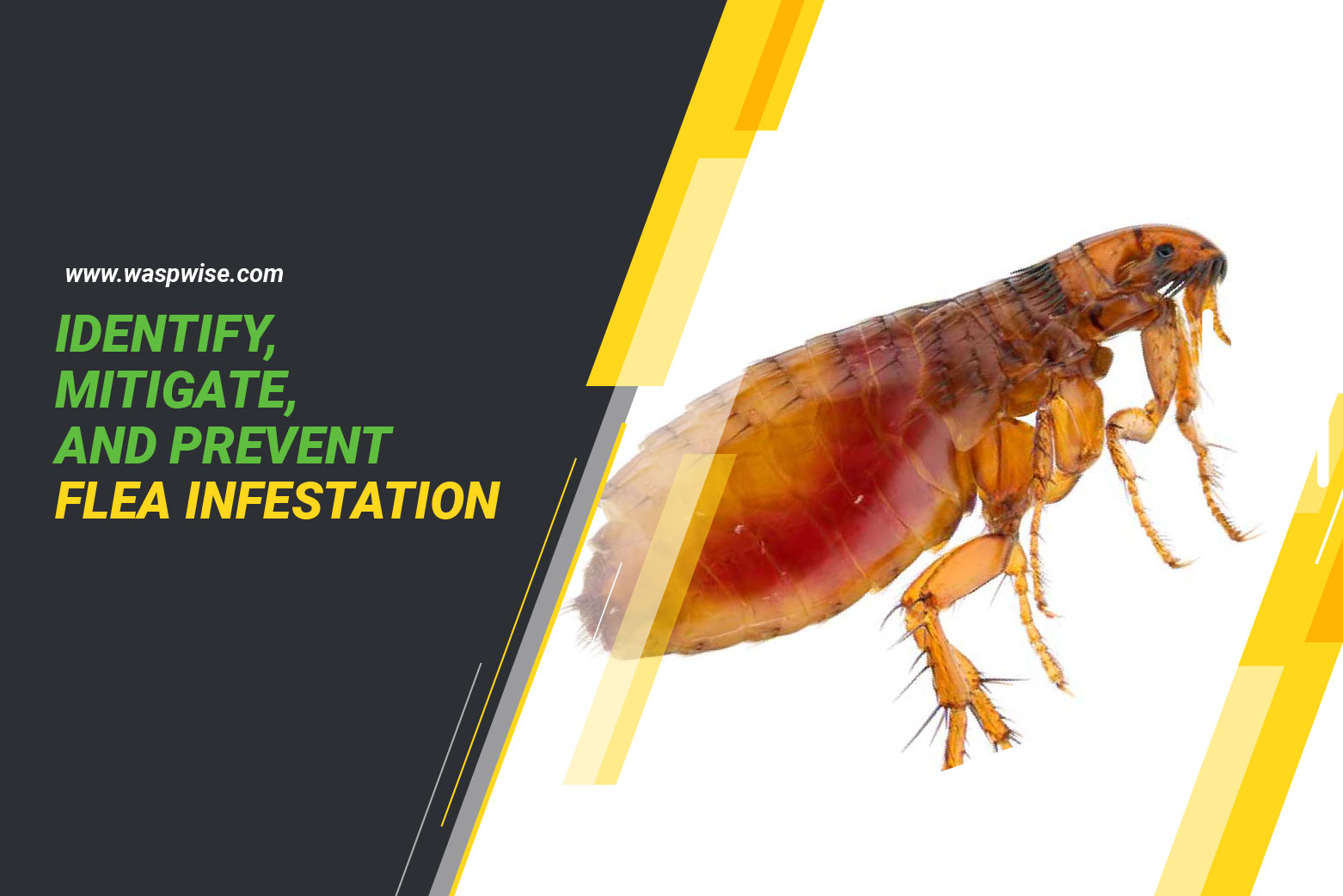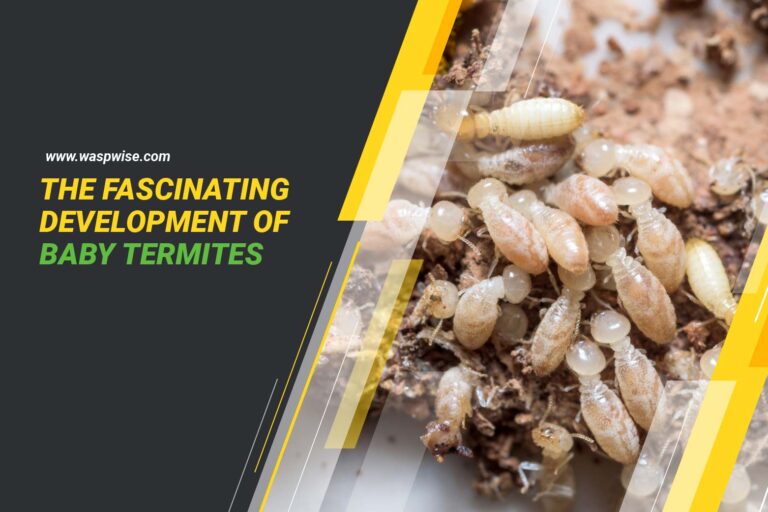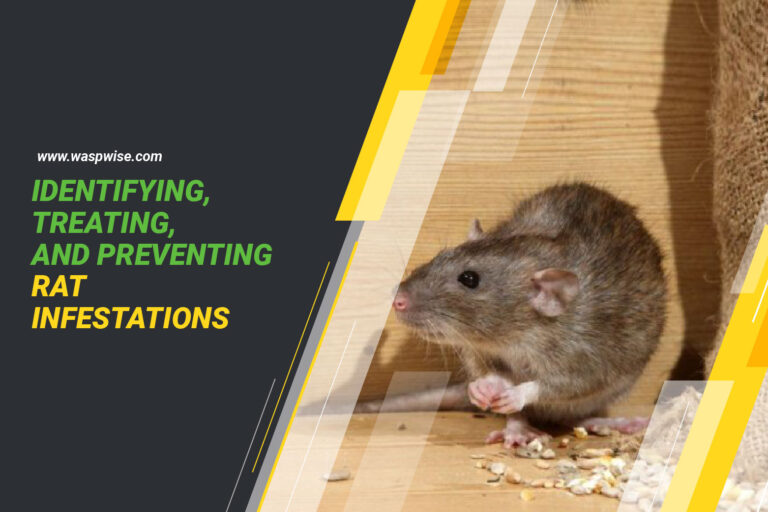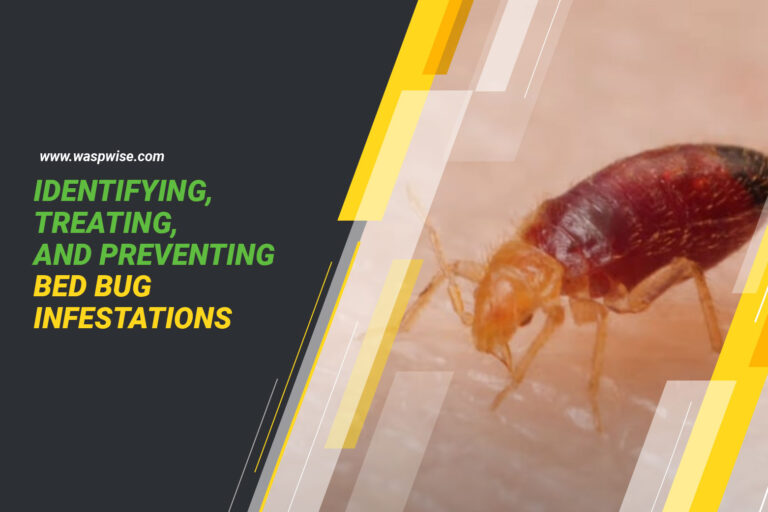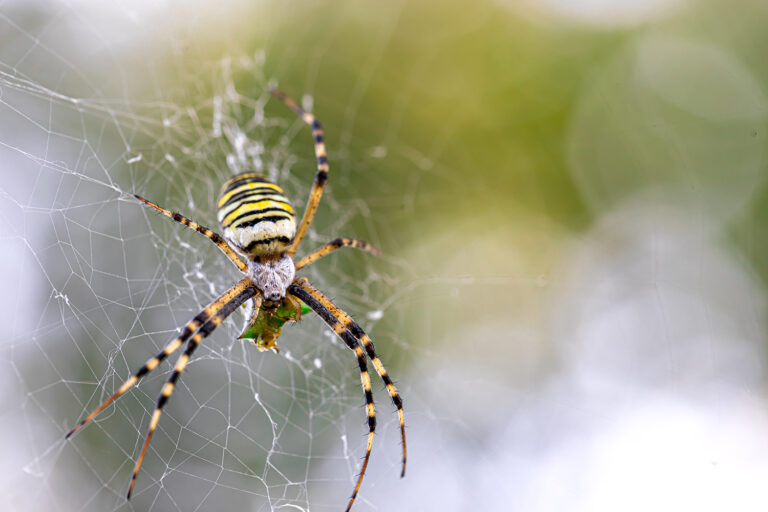HOW TO IDENTIFY, MITIGATE, AND PREVENT A FLEA INFESTATION
Fleas are small, wingless insects that survive by feeding on the blood of warm-blooded animals, including humans and pets. These tiny pests can quickly become a major nuisance once they infest your home, making it essential to understand how to identify, mitigate, and prevent a flea infestation.
Identifying Fleas
Identifying fleas is the first step in tackling an infestation. These agile parasites are typically reddish-brown and have flat bodies, allowing them to easily move through fur and carpet fibers. Despite their small size (approximately 2.5 mm in length), fleas can be spotted with the naked eye. When searching for fleas, focus on the following areas:
Pets
Regularly inspect your pets for signs of fleas. Look for excessive scratching, hair loss, or red and irritated skin. Fleas often hide in warm areas of your pet’s body, such as the neck, armpits, and groin.
Flea Dirt
Flea dirt, also known as flea droppings, looks like tiny black specks and is a clear indication of flea activity. To check for flea dirt, comb your pet’s fur over a white piece of paper; if any black specks fall onto the paper and dissolve into reddish-brown stains when dampened, it’s likely flea dirt.
Human Bites
If you wake up with itchy, small red bites that appear in clusters or rows, you might be dealing with a flea infestation. Fleas bite humans when other hosts, like pets, are not available.
Mitigating a Flea Infestation
Once you’ve confirmed a flea infestation, immediate action is crucial to prevent the problem from worsening. Here are some effective strategies to mitigate the infestation:
Vacuum Regularly
Vacuum all areas where your pets spend time, such as carpets, rugs, and upholstered furniture. Pay special attention to corners, crevices, and areas under furniture, as these are favorite hiding spots for fleas and their eggs.
Wash Bedding and Pet Belongings
Wash your pet’s bedding, toys, and belongings in hot, soapy water regularly. This will help eliminate any fleas, larvae, or eggs present in these items.
Use Flea Treatments
Consult your veterinarian about suitable flea treatment products for your pets. There are various options available, including topical treatments, collars, and oral medications. Follow the instructions carefully and treat all pets in your household.
Professional Pest Control
If the infestation persists or seems beyond your control, consider hiring a professional pest control specialist. They have the expertise and tools to address severe flea infestations.
Preventing Future Infestations
Preventing fleas from infesting your home is key to maintaining a healthy living environment for you and your pets. Here are some preventive measures to consider:
Regular Grooming
Maintain a regular grooming routine for your pets. Frequent baths and brushing can help remove fleas and prevent new ones from establishing themselves.
Yard Maintenance
Keep your yard tidy by trimming grass and bushes regularly. Fleas thrive in warm, humid environments, so reducing tall grass and excess foliage will make your yard less inviting to these pests.
Use Flea Preventatives
Continue using flea preventatives year-round for your pets. Consistent use of these products can significantly reduce the risk of infestations.
Clean Bedding and Linens
Wash your own bedding and linens regularly, especially if your pets have access to your bed. This will minimize the chances of fleas transferring from your pets to you.
Seal Entry Points
Inspect your home for potential entry points for fleas. Seal gaps, cracks, and holes in walls, windows, and doors to prevent fleas from gaining easy access.
Conclusion
Dealing with a flea infestation can be frustrating and challenging, but by identifying the signs early and taking prompt action, you can successfully mitigate the problem. Regular maintenance, grooming, and preventive measures will help you keep your home and pets free from these pesky parasites. Remember that consistent effort and vigilance are essential to maintaining a flea-free environment for you and your beloved companions.

